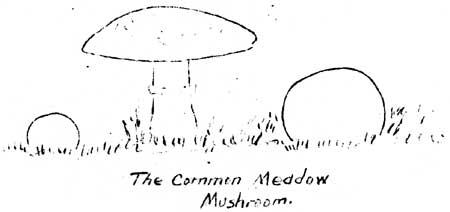JIMMY BEAR AND BUNTY THE FAWN.
With the aid of two quarts of fresh milk per day, purchased from the
private funds of Mrs. Greer, the kind-hearted cook at the Government
mess, Bunty the tiny black-tailed fawn was forgotten here impoverished
babyhood and taken on the sleek healthy appearance. By his own untiring
efforts and the aid of numerous garbage cans Jimmy the Bear has
accomplished like results. In fact, the improvement in physical
appearance of Jimmy during the past Summer has been marvelous. When I
last saw him in the Spring before I moved to Paradise Valley for the
summer Jimmy was a scranny, anemic, half-grown cub with a ragged dirty
brown coat and a dyspeptic disposition. This Fall when I returned I
would not have recognized him as the same bear if Mrs. Greer had not
assured me that it was the self-same Jimmy who had visited her back door
off and on for a year. He is much larger and plumper with a smooth coat
of rich brown fur and a healthier, more contented look.
But my story was to deal with the relatives between Jimmy and the
fawn. Jimmy seems to have the idea that Bunty would make him a good
meal and sees no reason why he should not enjoy a little fresh venison.
On numerous occasions Mrs. Greer has had to drive the bear off with a
broom, but although Bunty has had some narrow escapes she has not as yet
suffered any harm greater than fright. Recently she has learned that
safety lies under the warehouse, and now Bunty sleeps beneath that
building and retires there hastily whenever Jimmy appears in the
offing.
Ordinarily bear do little damage to deer but without doubt a tiny
fawn the size of Bunty would be considered fair game by any bear.
RECESSION OF THE NISQUALLY GLACIER
Each year we have recorded the recession of the Nisqually Glacier
about the tenth of September. During the past 35 years this recession
has averaged 53 feet per year. Of late years it has been greater. In
1921 it was more than 100 feet; last year it was 83 feet and this season
the ice retreated 73 feet. Although the glacier moves down hundreds of
feet during the year the melting at the lower end exceeds the rate of
advancement and the result is an annual recession.


